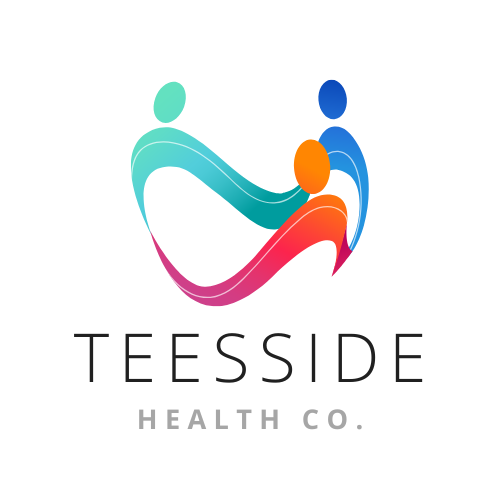Should apps be used constantly or just be useful?
The use of apps in the context of health and wellbeing should ideally strike a balance between being consistently helpful and not overly intrusive. While apps can provide valuable tools and resources for managing one's health, it's essential to approach their usage mindfully and thoughtfully. Here are a few considerations to keep in mind:
Utility and Purpose: Apps should primarily serve a clear purpose and provide value to the user. They should address specific health or wellness needs, whether it's tracking physical activity, managing stress, or improving sleep. If an app is not serving a meaningful purpose or if its features are redundant, it might not be worth using consistently.
Balanced Engagement: Consistent use of apps can be beneficial when they are part of a well-rounded approach to health and wellbeing. However, relying solely on apps for all aspects of health can be limiting. It's important to engage in other healthy behaviours, such as physical activity, social interactions, and nutritious eating, to achieve holistic wellbeing.
Mindful Usage: Mindfulness is key when it comes to app usage. It's easy to become overly reliant on apps or to get caught up in constantly tracking every aspect of health. Setting healthy boundaries and using apps intentionally can prevent burnout and promote a positive relationship with technology.
Avoiding Obsession: Overusing health apps to the point of obsession can lead to stress and anxiety. For example, constantly checking a calorie-counting app or obsessively tracking steps might lead to unhealthy behaviours or feelings of inadequacy. It's crucial to recognise when app usage starts to negatively impact mental or emotional wellbeing.
Regular Assessment: Regularly assess the effectiveness of the apps you're using. If an app is no longer providing value or if your goals or needs have changed, it's okay to adjust your app usage or explore new options. Flexibility is key to adapting your approach to evolving circumstances.
Human Connection: While apps can provide valuable information and tools, they can't replace the importance of human connection. Personal relationships, support networks, and professional healthcare providers play essential roles in promoting wellbeing. Apps should complement these interactions rather than replace them.
Privacy and Data Security: Be cautious about sharing personal health data through apps. Ensure that the apps you use have strong privacy measures in place to protect your information. It's important to understand how your data is being used and to make informed decisions about sharing sensitive information.
In essence, apps should be tools that enhance and support your health and wellbeing journey, not dictate or dominate it. Strive for a balanced approach that integrates the benefits of technology with other aspects of a healthy lifestyle. Mindful and intentional app usage, combined with real-world actions and connections, can lead to a more holistic and fulfilling sense of wellbeing.
If this article has helped you in any way, remember to give it a share amongst your professional community.
And if you wish to consult with Teeside Health Co on your workplace wellbeing requirements, please reach out to us on info@teessidehealthco.com

